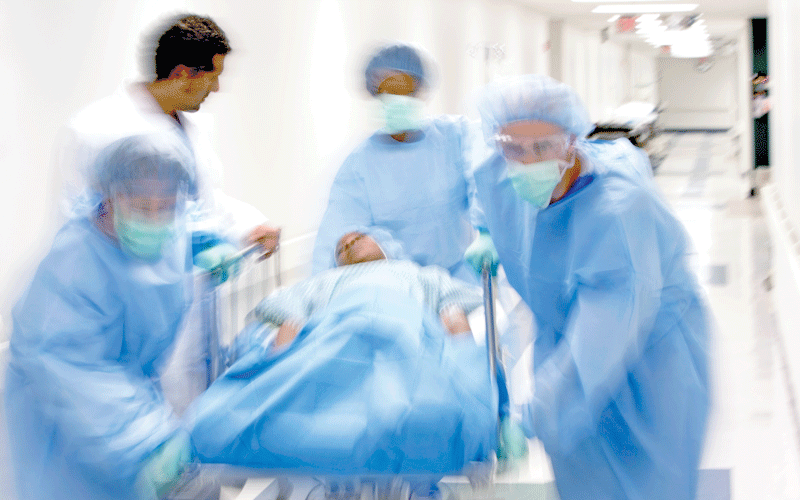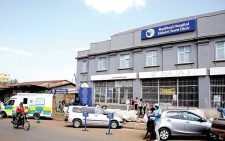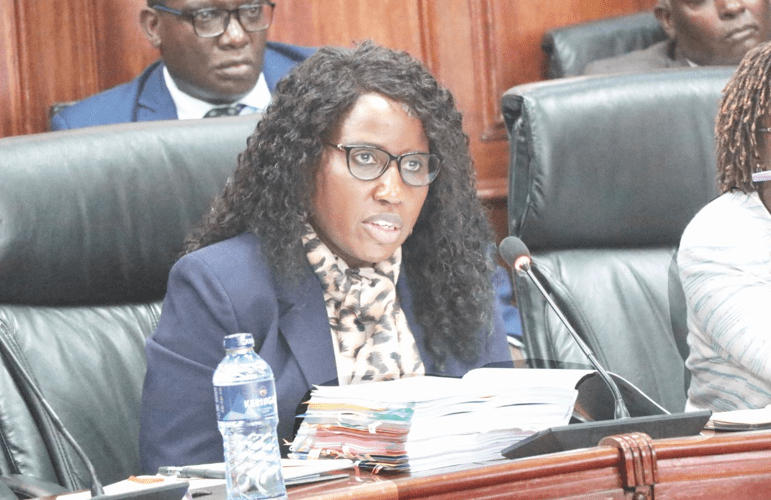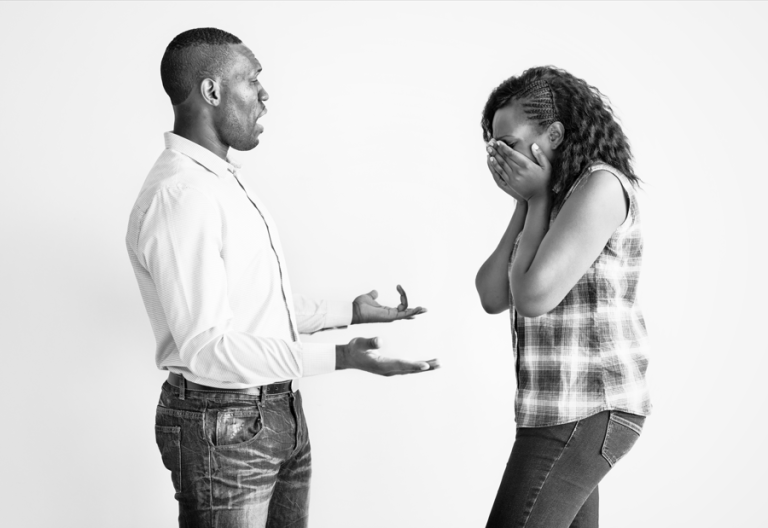Mystery of increased deaths during holidays

It’s meant to be a time of good cheer, relaxation and celebration, but as it turns out, death doesn’t take a holiday
It’s the most wonderful time of the year! Time off work. Eating and drinking as much as you like. Seeing friends, family, loved ones. The aura of goodwill and cheer. What’s not to like?
But before you go all out with all the frenzy, researchers have warned that the holidays are also particularly a dangerous time of the year.
From risky roads to increased criminal activity, there are plenty of ways the holidays might be out to get you.
In a survey that might be relatable to Kenya, a group of researchers in the United States have found that emergency rooms saw more fatalities on Christmas Day, Boxing Day and New Year’s Day than on any other time of the year.
In the study, published by the Journal of the American Heart Association, the researchers analysed 25 years of death certificates for the holiday period between December 25th and January 7th.
In their argument as to why there is a dramatic spike in deaths during this period they found out patients delay medical care to celebrate the holidays.
Also, medics who have attempted to explain the phenomenon, suggest emotional stress, changes in diet and alcohol intake, reduced staff at medical facilities, and changes in physical environment could be to blame.
Dr Chris Walubengo, a general practitioner says although there is no similar study in Kenya, local surveys have shown increase in deaths as a result of accidents among other causes.
He agrees that there is possibility that due to peoples’ care free eating in the festive season, this can result in heart problems, among other lifestyle diseases.
Possible explanation
“The Christmas holiday period is a common time for travel and people are moving from one place to another partying and most times driving under the influence of alcohol. This may lead to accidents.
Also, with people frequently holidaying away from their main medical facilities, in case of any eventuality, chances of being saved maybe minimal,” he explains.
Walubengo says being away from your home could contribute to delays in both seeking treatment, due to a lack of familiarity with nearby medical facilities, and due to geographic isolation from appropriate medical care in emergency situations.
Further, Walubengo says while it is also a season to be happy, holidays are a stressful time for many, since family, social and financial obligations multiply, which can contribute to higher blood pressure and aggravation of heart disease risk factors.
As a result, on top of all the food and alcoholic drinks one engages in, a stressed person will quickly resort to stress-reducing acts such as eating more food and drinking more alcohol.
“High-calorie foods and alcohol can reduce feelings of stress, but in both cases, it’s a short-term fix.
Our bodies seem to actually store more fat when we’re stressed, and alcohol consumption can quickly cross the line from pleasant to not pleasant, leaving us bloated, hung-over, miserable and with a worse state of overall health than when we started,” he says.
Additionally, the festive season has over the years seen reports of road accidents dominate the headlines.
One of the reasons for increased accidents during this season is the fact that many people are on the move.
Drunk driving, matatus overspeeding to make more trips, unroadworthy vehicles, among others contribute to these accidents.
“If you are going to an event and the likelihood that you will take alcohol is high, ensure you have a sober designated driver or, better still, take a taxi,” says sociologist Beatrice Nderitu.
Also, police have in the past warned of increase in crime across the country over the festive periods as criminal gangs take advantage of the season.
Burglary, theft, armed robbery, rape, kidnapping, drug dealing, theft of motor vehicles, mugging, break-in and murder are the most prevalent crimes during the December holidays.












